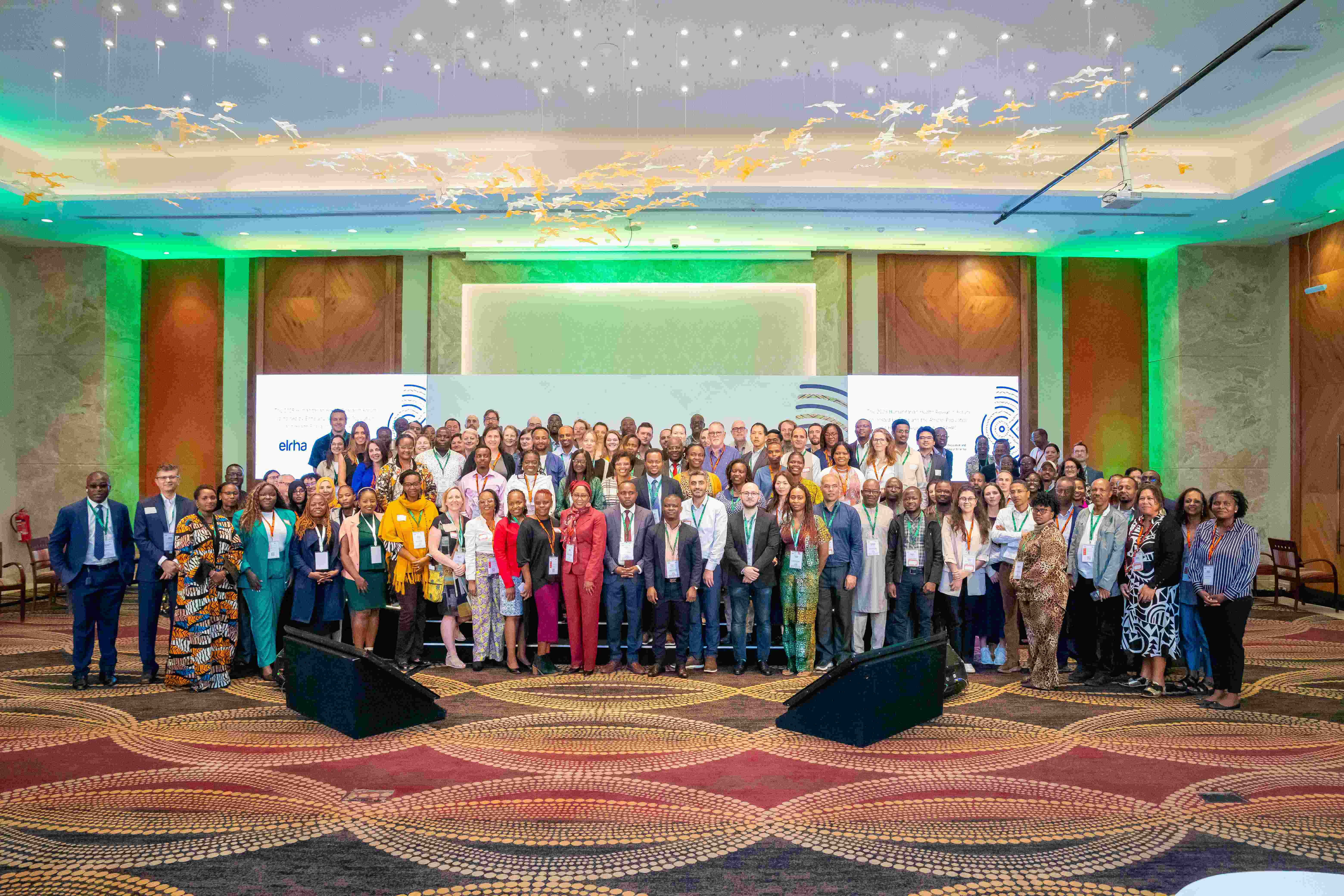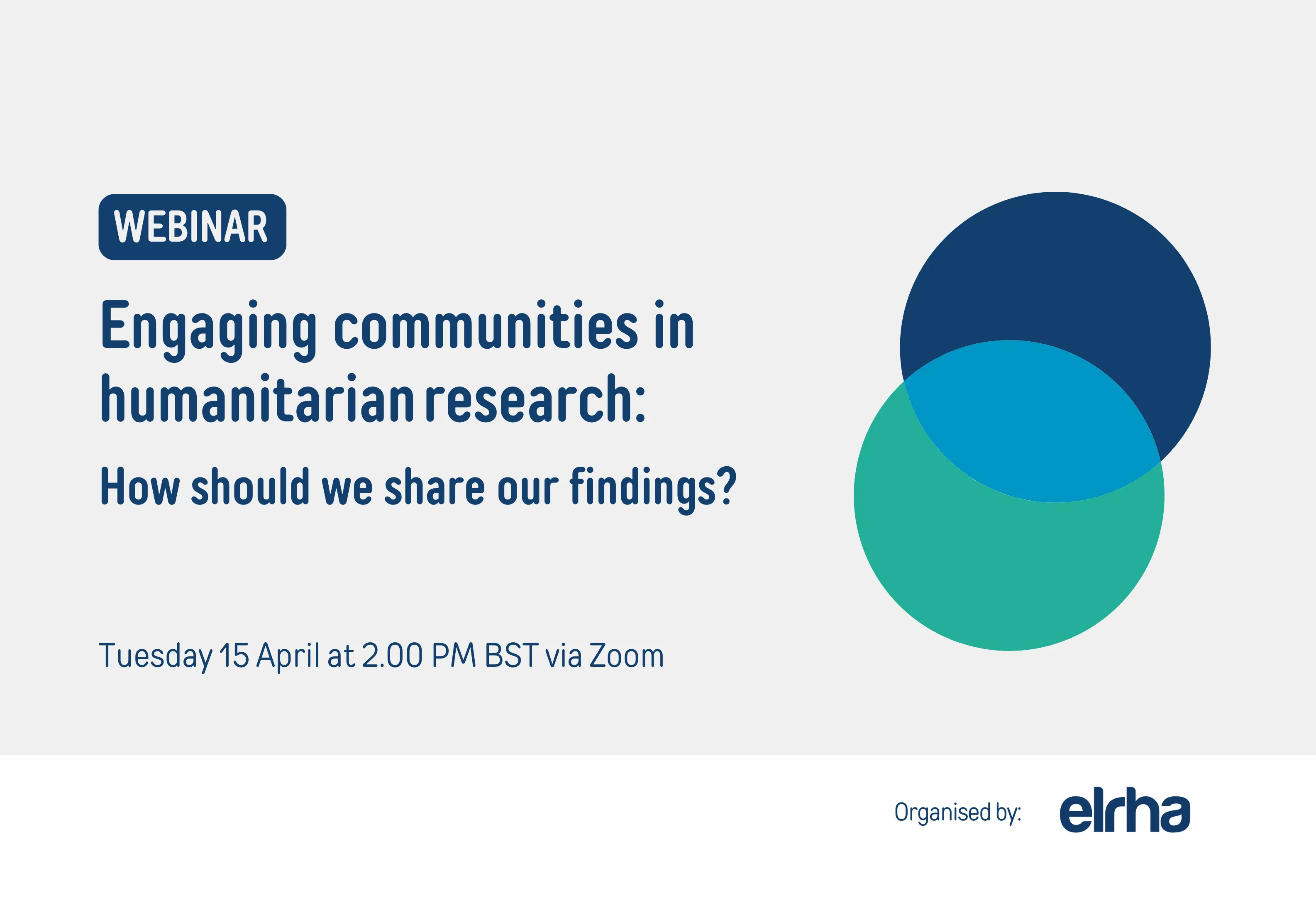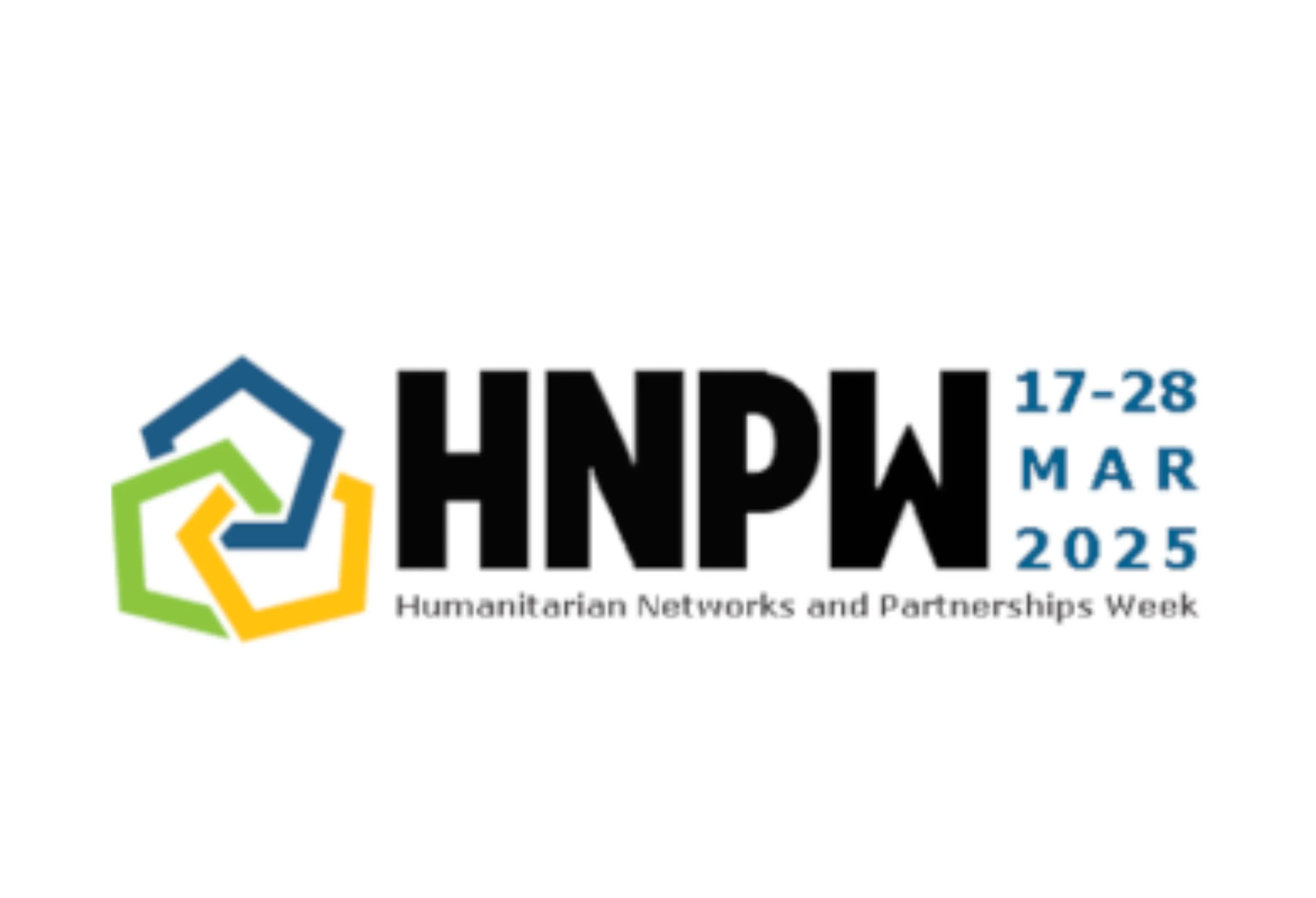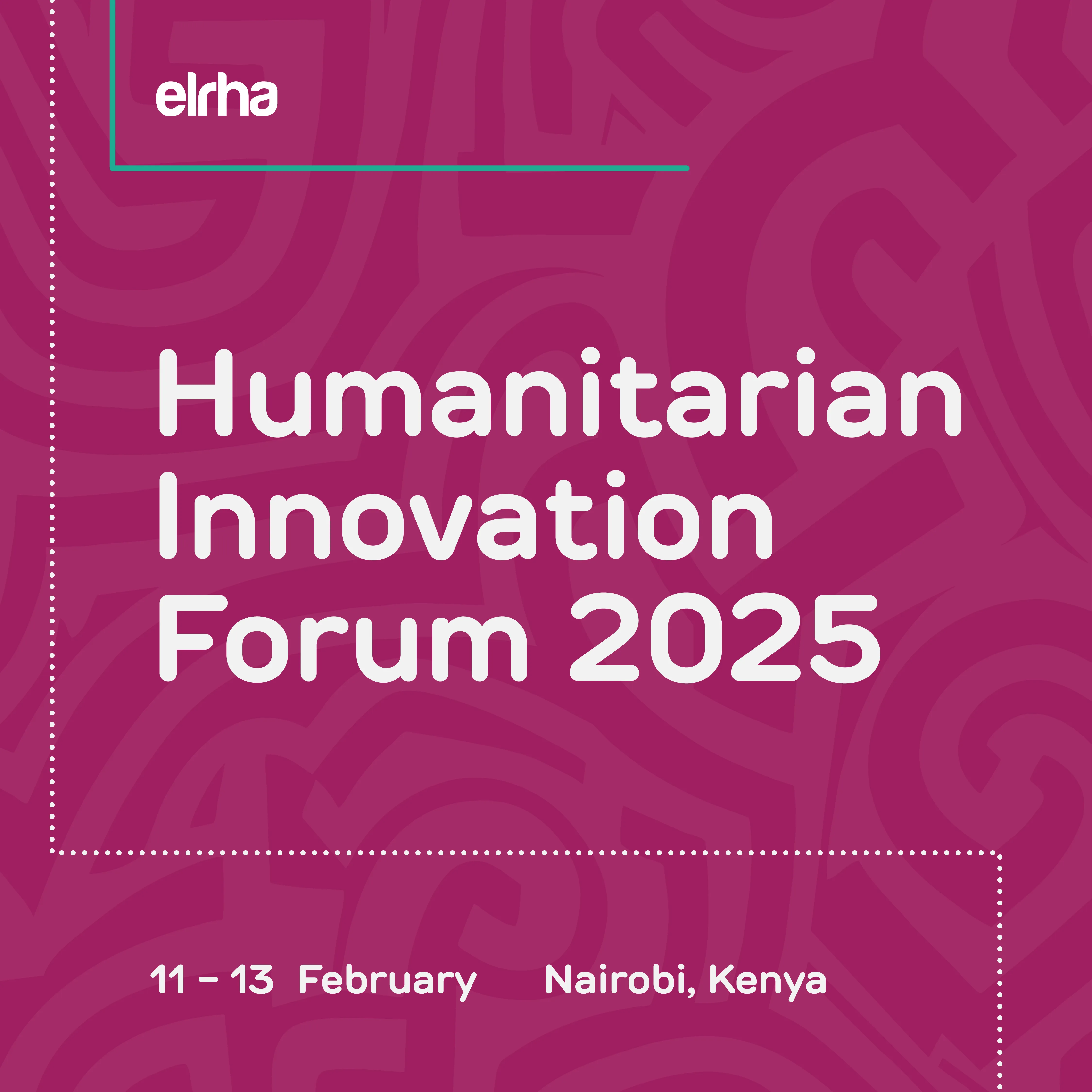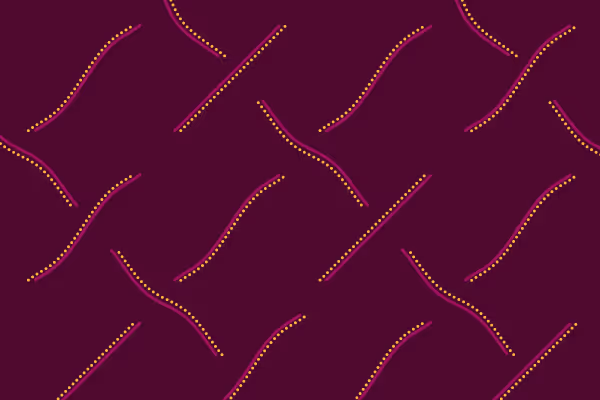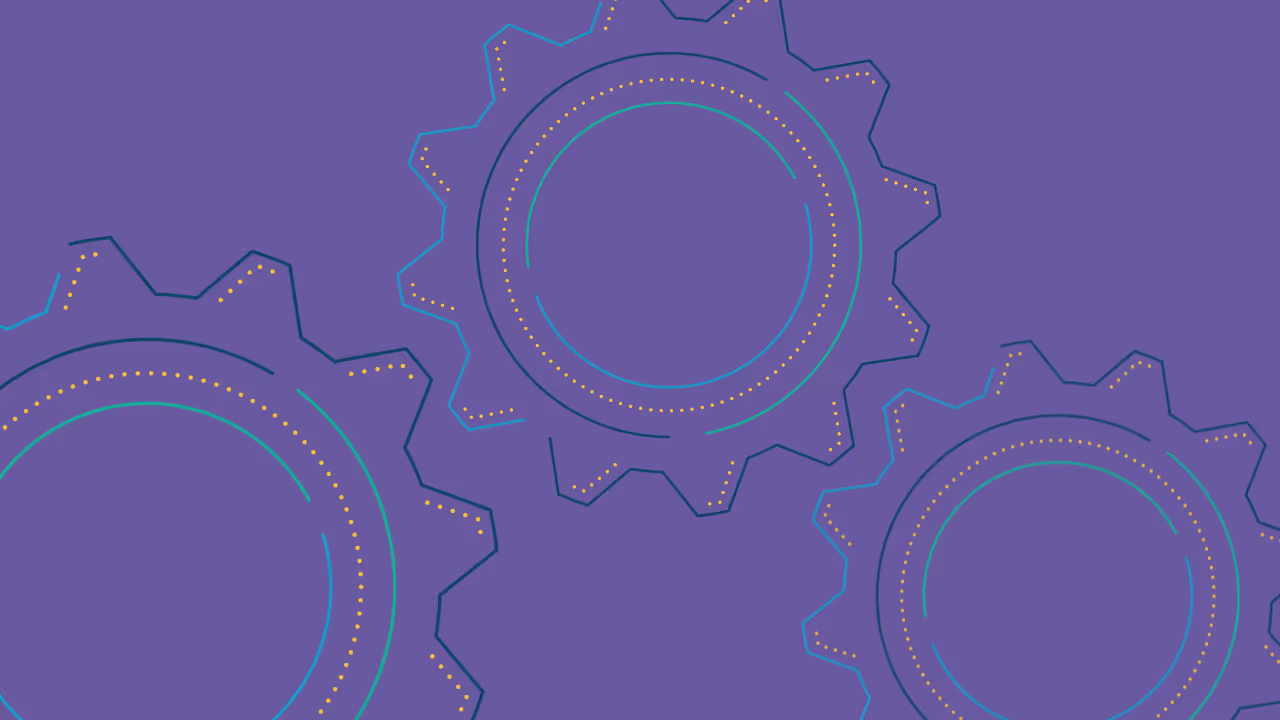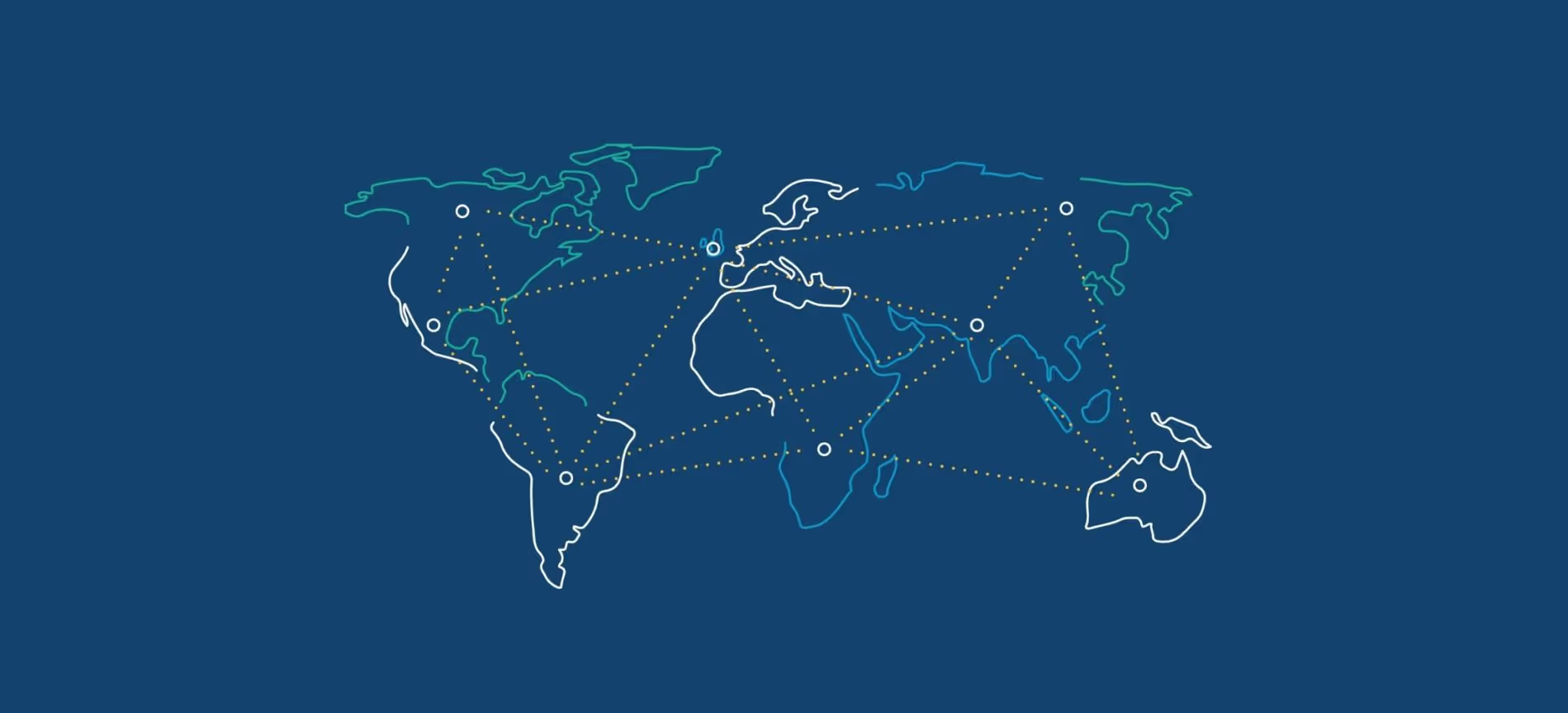Menstrual Hygiene Management in humanitarian crises: What have we learned and how far have we come?
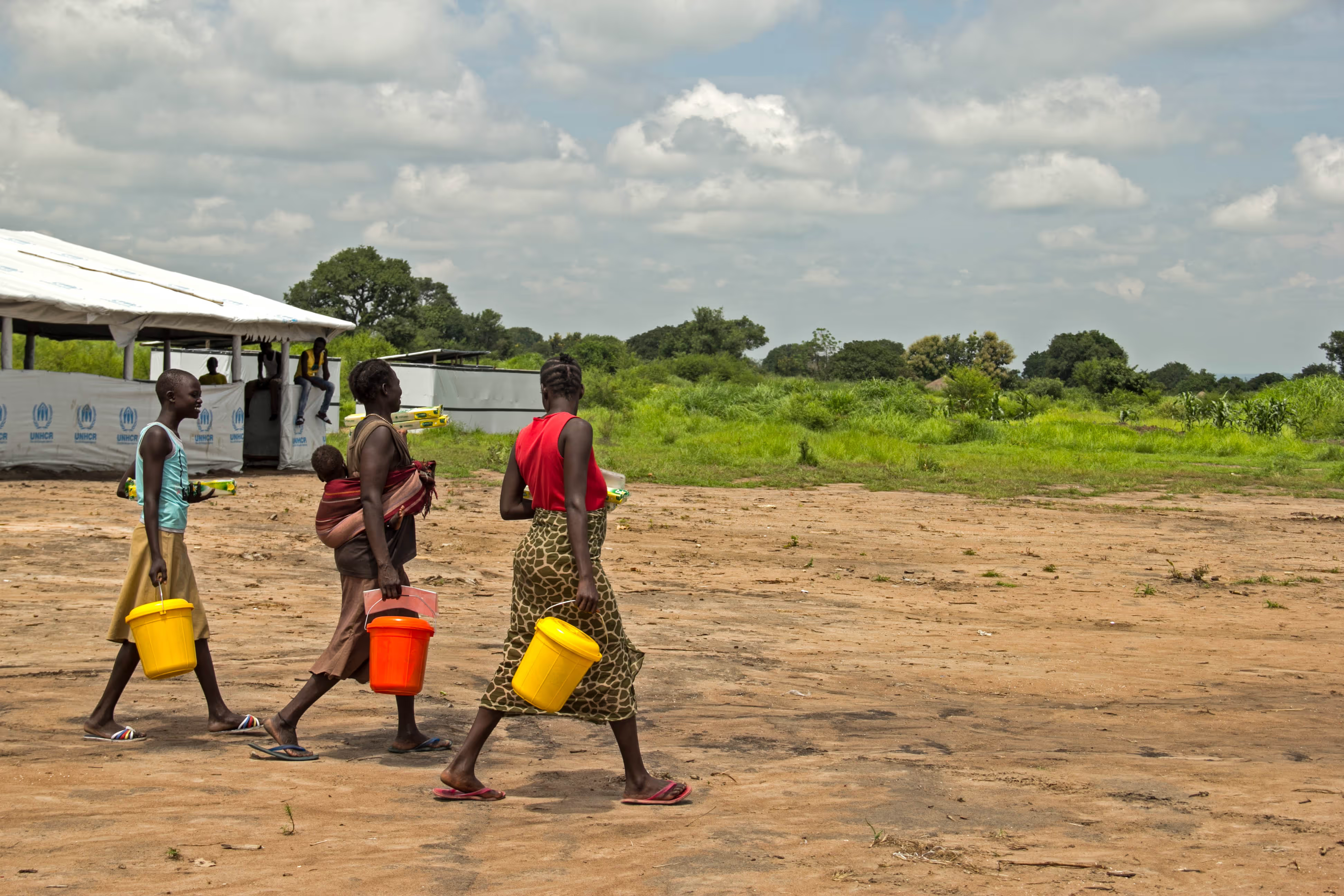
Overview
At the end of 2023, the number of displaced people globally increased to over 117 million people. About half of all displaced populations (est. 58 million) are girls and women many of whom struggle to manage their monthly menstruation safely, comfortably and with dignity. In many emergency contexts, menstruating girls, women and others who menstruate face inadequate access to safe and private WASH facilities, culturally appropriate menstrual materials and supplies, and menstrual health and hygiene information. This threatens the human rights of women and girls – including their right to work, and right to education – worsening social and economic inequalities.
Recognising the need for menstrual hygiene management (MHM) response in humanitarian settings, R2HC funded the International Rescue Committee and Columbia University in a research partnership launching in 2015. They aimed to understand how humanitarian practitioners were responding to adolescent girls’ and women’s MHM needs. Findings informed the development of a comprehensive Menstrual Hygiene Management toolkit which was successfully piloted in a refugee camp setting. After consultation with NGOs and UN agencies a final open-access version of the toolkit was published in 2017 and saw wide uptake in the humanitarian sector.
In 2024, nearly ten years since the launch of the Toolkit project, we convene experts from key agencies engaged in humanitarian MHM to share real-life experiences from the field, discuss whether best available evidence and expertise is currently informing response, and share insights on future priorities for mainstreaming best practices in MHM into cross-sectoral humanitarian action.
About the event
Join us for a one hour webinar bringing together experts to take stock of MHM in humanitarian response. Experts from the sector will reflect on their field experiences of delivering MHM in different humanitarian settings, examine what we have learned since this research was funded about cross-sectoral best practice, and the outstanding challenges and knowledge gaps for mainstreaming MHM in emergencies. The webinar will be in a panel format followed by a Q&;A session with the audience.
Panellists
- Bansaga Saga, Environmental Health and WASH Technical Advisor, International Rescue Committee
- Florence Uwineza, Public Health Team Leader, Oxfam
- Alexandra Machado Soergel, WASH in Public Health Senior Officer, Health &; Care Dept., International Federation of Red Cross and Red Crescent Societies
- Raissa Azzalini, Public Health Advisor, Oxfam
- Tom Ogello, Environmental Health Technical Advisor, Asia region, International Rescue Committee
The discussions will be chaired by Marni Sommer, Columbia University, Mailman School of Public Health.
Banner image caption: Distribution of MHM Kits by Uganda Red Cross, Impevi refugee settlement, Uganda, 2017. Credit: Netherlands Red Cross/IFRC
